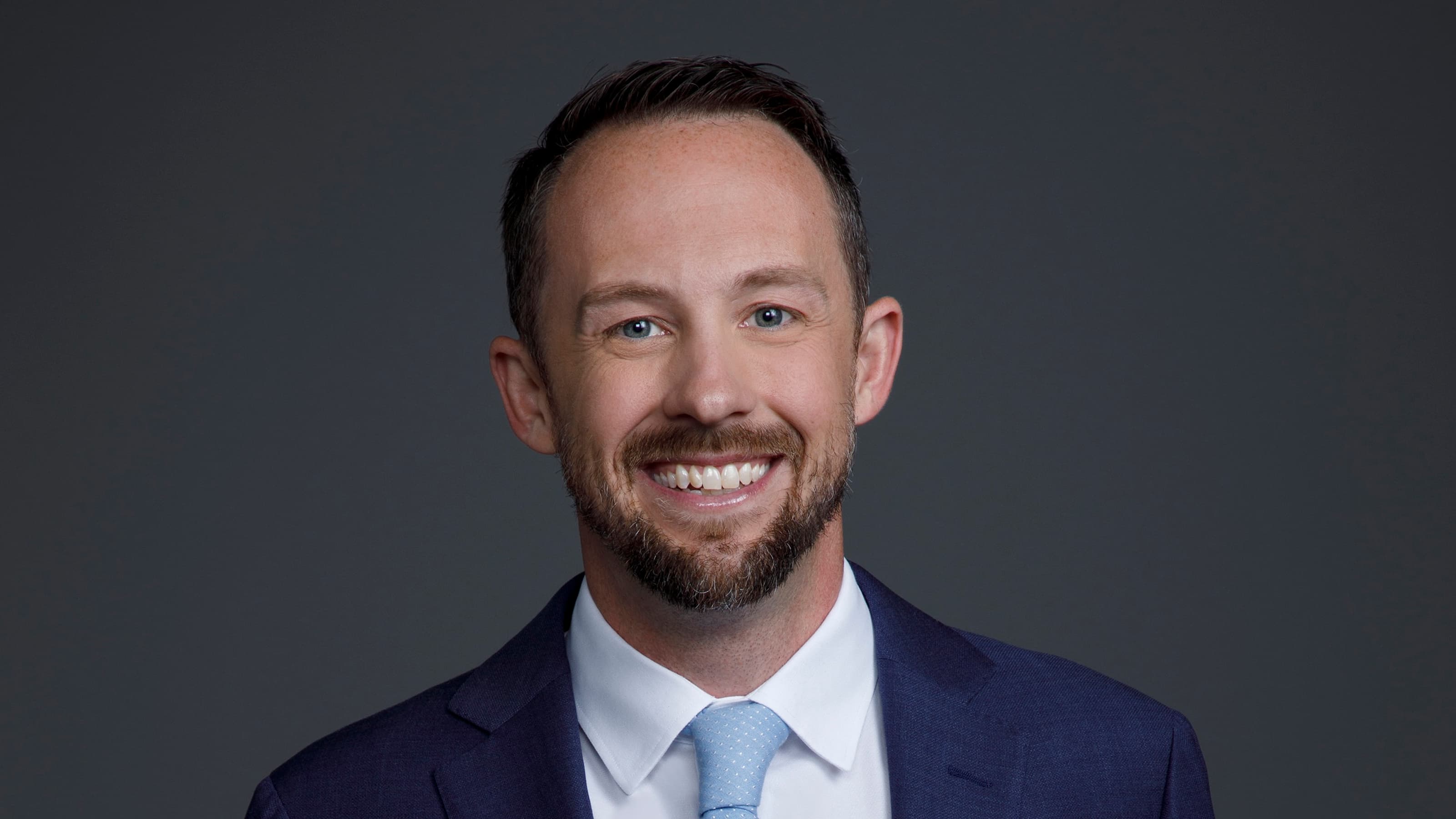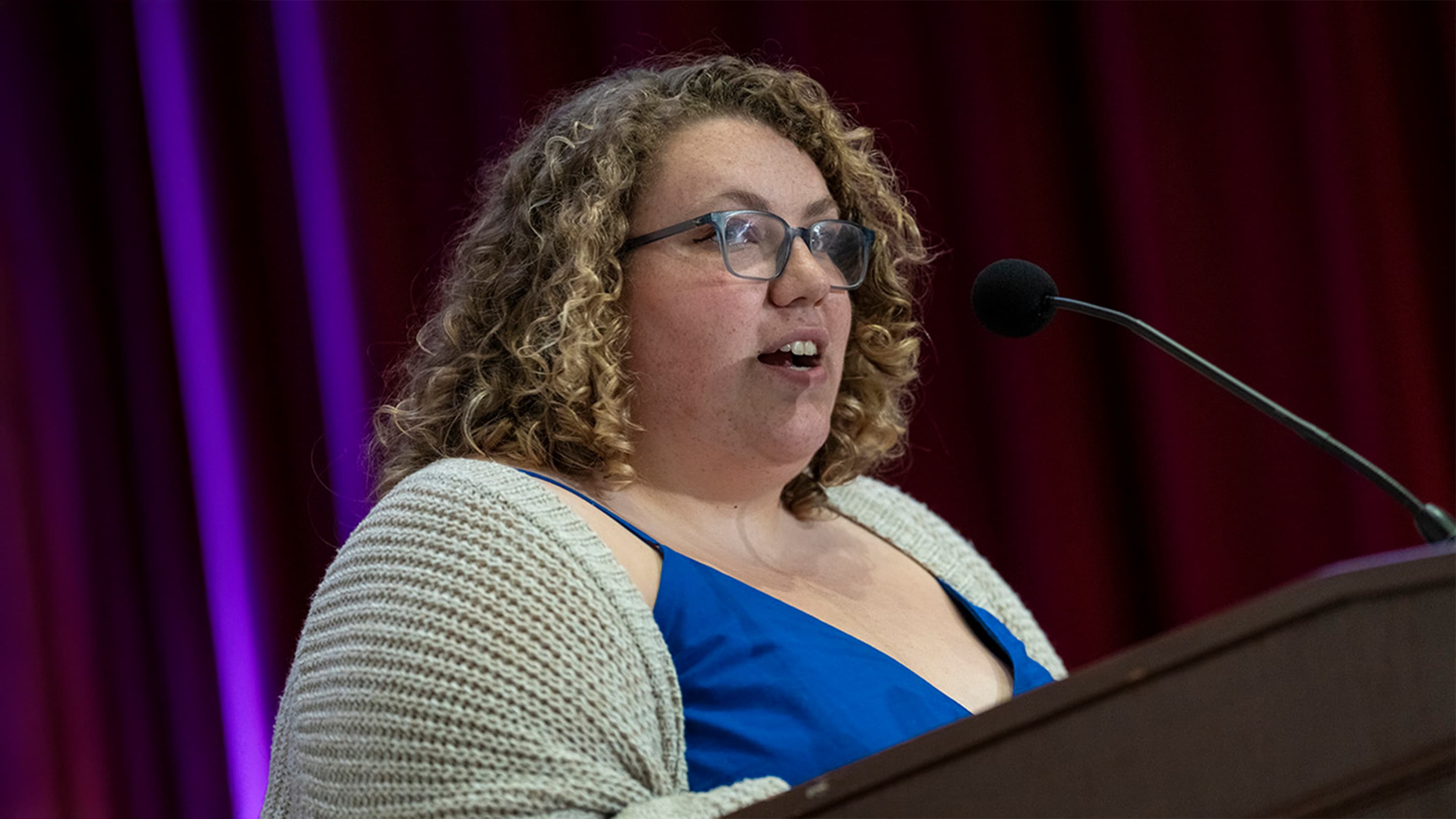Philadelphia College of Pharmacy Alumna Leads Pharmacy Profession
Nishaminy Kasbekar PCPS ’93, PCPS ’95 (PharmD), was recently named president-elect of the American Society of Health-System Pharmacists, an organization of more than 60,000 members serving as patient care providers across the U.S. For Kasbekar, part of that responsibility means paving the way for women and pharmacists of color.


From working at a retail pharmacy in high school to chief pharmacy officer at Penn Presbyterian Medical Center today, Nishaminy Kasbekar PCPS ’93, PCPS ’95 (PharmD), a two-time Philadelphia College of Pharmacy alumna, is bringing her experience to the American Society of Health-System Pharmacists (ASHP), where she will serve three years as president of the organization.
As the daughter of immigrants, Kasbekar says, she’s tried to embody the motto, “Be the change you wish to see in the world.” That mantra has driven her approach to patient care, leadership in the profession and mentorship of future generations.
“When I started, a pharmacist’s role was primarily dispensing medications, and it was transactional, and that's what we were known for,” she says. “The profession has really transformed to being a frontline healthcare provider centered on patient care. Pharmacists interacting as what I call the three-legged stool — every patient needs a pharmacist, a nurse and a doctor, working collaboratively and synergistically to positively affect patient outcomes.”
Bringing those three providers with their own expertise together to care for patients is a more effective mode of healthcare, Kasbekar says. The pharmacist’s role of medication management is one that has historically been overlooked.
“That’s been primarily my interest, to get the profession to recognize that,” she says.
Kasbekar has served in various roles with ASHP, including on a policy committee and on a committee to promote women in leadership in the pharmacy practice. She first joined the organization as a student in 1993.
After graduating from the Philadelphia College of Pharmacy (PCP) with her bachelor’s degree, Kasbekar was a pharmacy intern at Thomas Jefferson University. It was in that role she saw the impact pharmacists could have on patients in suggesting and optimizing medication therapies.
So, Kasbekar decided to stay at PCP to obtain her PharmD degree. Her post-graduate residency at the Hospital of the University of Pennsylvania in pharmacy practice and infectious disease eventually turned into a job as a clinical pharmacy specialist in infectious diseases. She was eventually named director of pharmacy services before coming into her current role as chief pharmacy officer of Penn Presbyterian Medical Center.
Now, as president-elect of ASHP, Kasbekar has lofty goals for pharmacy practice nationwide.
For me, it's really about making sure we're empowering younger members, we're empowering women, we're empowering diverse communities to help us in this advocacy. Finding ways to engage them and finding ways to push them ahead is really important to me.
Nishaminy Kasbekar PCPS ’93, PCPS ’95 (PharmD)
Angela Bingham, PharmD, vice chair and associate professor in the department of clinical pharmacy, has also been a member of ASHP since she was a student-pharmacist, and has worked closely with Kasbekar for the past four years – both have traveled to Washington, D.C., to advocate for the organization’s legislative priorities.
“It was inspiring to observe firsthand her passion and commitment for improving care for our patients and advancing our profession,” Bingham says. “Dr. Kasbekar was articulate in sharing her experiences at Penn Presbyterian Medical Center, but I was most impressed by how she was intentional in developing leadership and advocacy skills in more junior members of our delegation.
“When meeting with representatives, she mentored and empowered a more junior member to lead each conversation. She fostered teamwork and inclusion within our delegation and encouraged each of us to identify future opportunities to serve our profession.”
Mentorship is an important aspect of the profession for Kasbekar, she says, because her own predecessors have done the same for her. Helping advance the careers of younger generations, women and minority pharmacists has especially been important.
Outside of ASHP, Kasbekar visits her elementary and high schools in northeast Philadelphia to talk about why pharmacy is an important profession, and to show students that pharmacists can be leaders in the healthcare industry.
“When I went to pharmacy school and went into pharmacy leadership, there weren't that many women in leadership roles. There weren’t a lot of women who excelled to that level; there also weren’t that many minorities,” she says. “For me, it's really about making sure we're empowering younger members, we're empowering women, we're empowering diverse communities to help us in this advocacy. Finding ways to engage them and finding ways to push them ahead is really important to me.”
Bingham says she is especially excited for Kasbekar to be a staple on ASHP’s “Wall of Presidents” at the organization’s headquarters in Bethesda, Maryland.
“While there have been several women presidents since 1978, Dr. Kasbekar continues to be a model for women’s leadership within our profession,” Bingham says. “She will lead an organization of more than 60,000 members, including pharmacists, student pharmacists and pharmacy technicians.”



